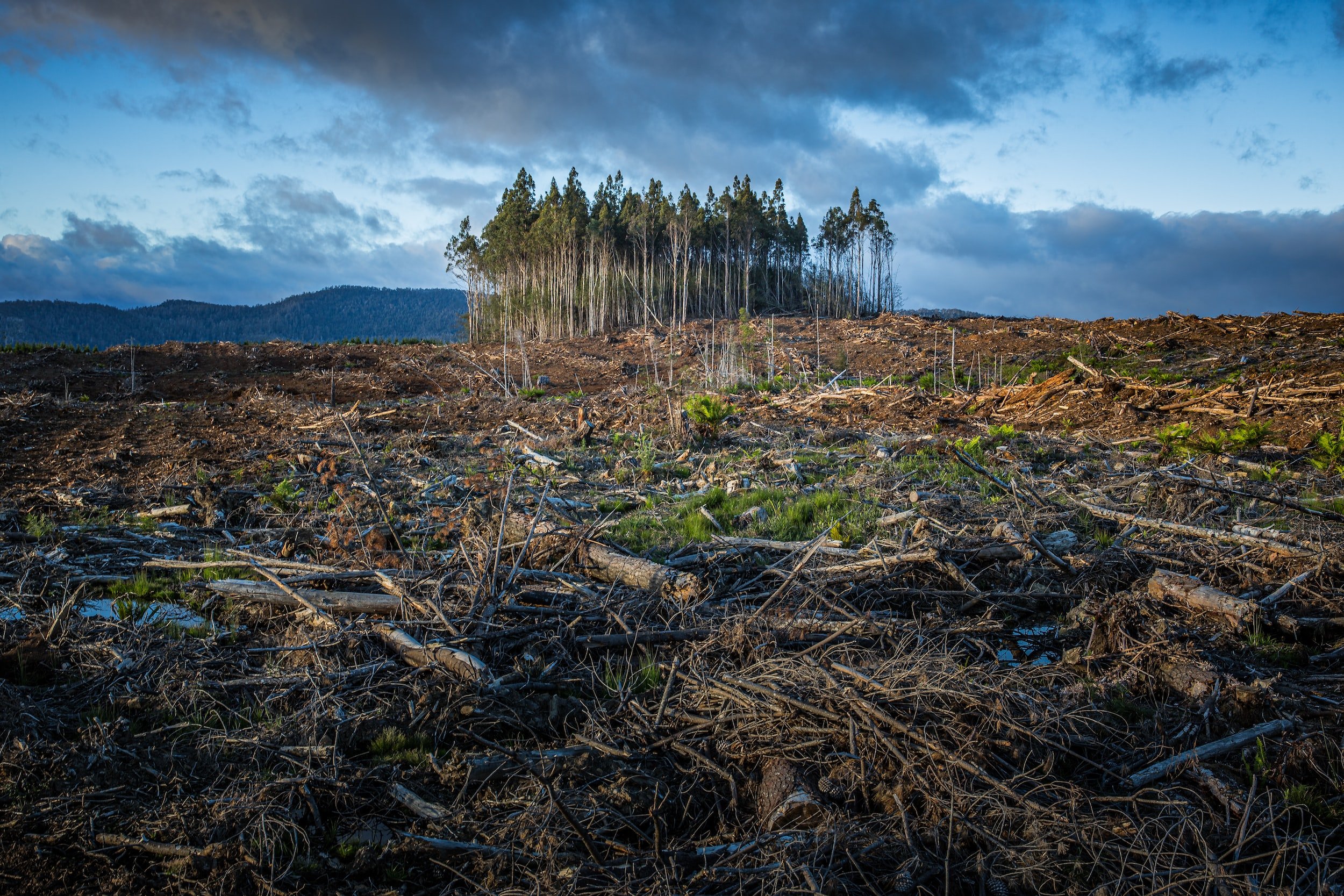
Climate Change






is the change on the average temperature or other parameters associated to the state of climate over long periods of time.
Climate changes result both from natural internal and external forces (e.g. solar radiation, volcanic eruptions) and persistent human-made changes (e.g. air pollution resulting from industrial factories, etc.) that alter the composition of the atmosphere.
The Framework Convention on Climate Change (UNFCCC), defines climate change as: ‘a change of climate which is attributed directly or indirectly to human activity that alters the composition of the global atmosphere and which is in addition to natural climate variability observed over comparable time periods.’
Climate change:
In other words, the UNFCCC makes a distinction between climate change due to human activities altering the atmospheric composition AND climate variability attributable to natural causes.
However, climate change has direct effects, consequences and impacts in the ocean, with rising sea surface temperatures contributing to polar region ice melting, due to ocean circulation OR ocean acidification that causes coral bleaching events, as seen in the figure.
In 2023, human population reached 8 billion Earth inhabitants, which intense demand for basic needs and resources: food, clothes, shelter, warmth, etc. Our consumption of non-renewable resources (e.g. gas, coal and crude oil) increase climate change pressures due to greenhouse gases released into the atmosphere such as methane and carbon dioxide.
In 2023, human population reached 8 billion Earth inhabitants, which intensified the demand for basic needs and resources: food, clothes, shelter, warmth, etc. Global consumption of non-renewable resources (e.g. gas, coal and crude oil) contributes to an increase in environmental pressures due to greenhouse gas releases into the atmosphere, such as methane and carbon dioxide. But what does this means?
It means that as individuals we need to start thinking on ethical or responsible consumption. Compared to other European nations, Ireland’s CO2 emissions are on the lower side, however, when expressed per capita, meaning, by person, each person emits about 7.5 tons of CO2 equivalent. And this does not take into account land use for food production or other human activities. As such, not only is it important to improve our individual daily choices as a consumer, but also choosing economically feasible alternatives that might be sustainable, such as consuming local.
If you would like to know more about this, please book a training session with us.
Resources
Websites
IPCC — Intergovernmental Panel on Climate Change
UNFCCC - United Nations Climate Change
National Environmental Protection Agency | Climate Change
European Environment Agency | Climate change adaptation
Further readings
IPCC Report on Climate Change 2022: Impacts, Adaptation and Vulnerability
Friedlingstein et al., (2022). Global Carbon Budget 2022. Earth Syst. Sci. Data, 14, 4811–4900, 2022
